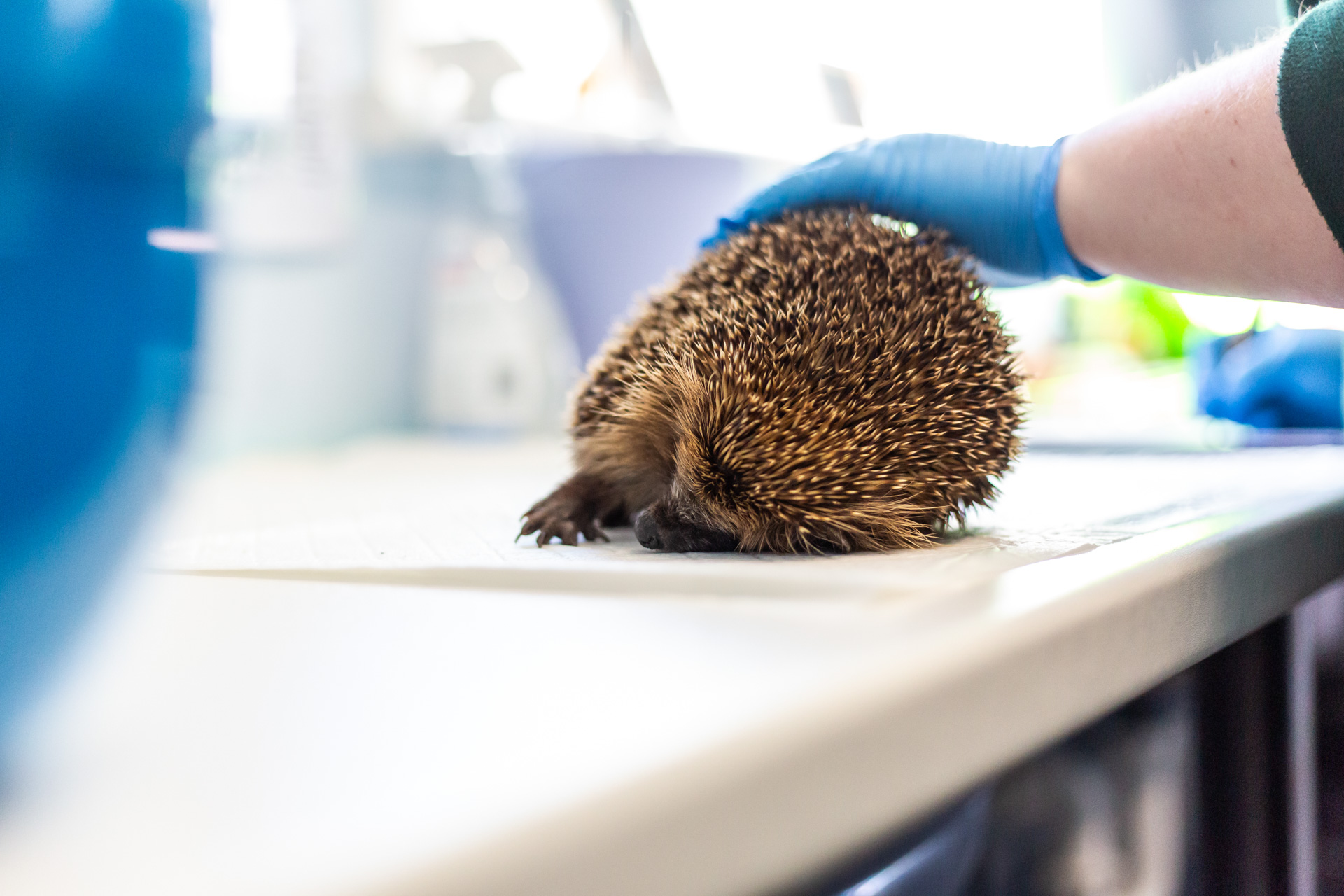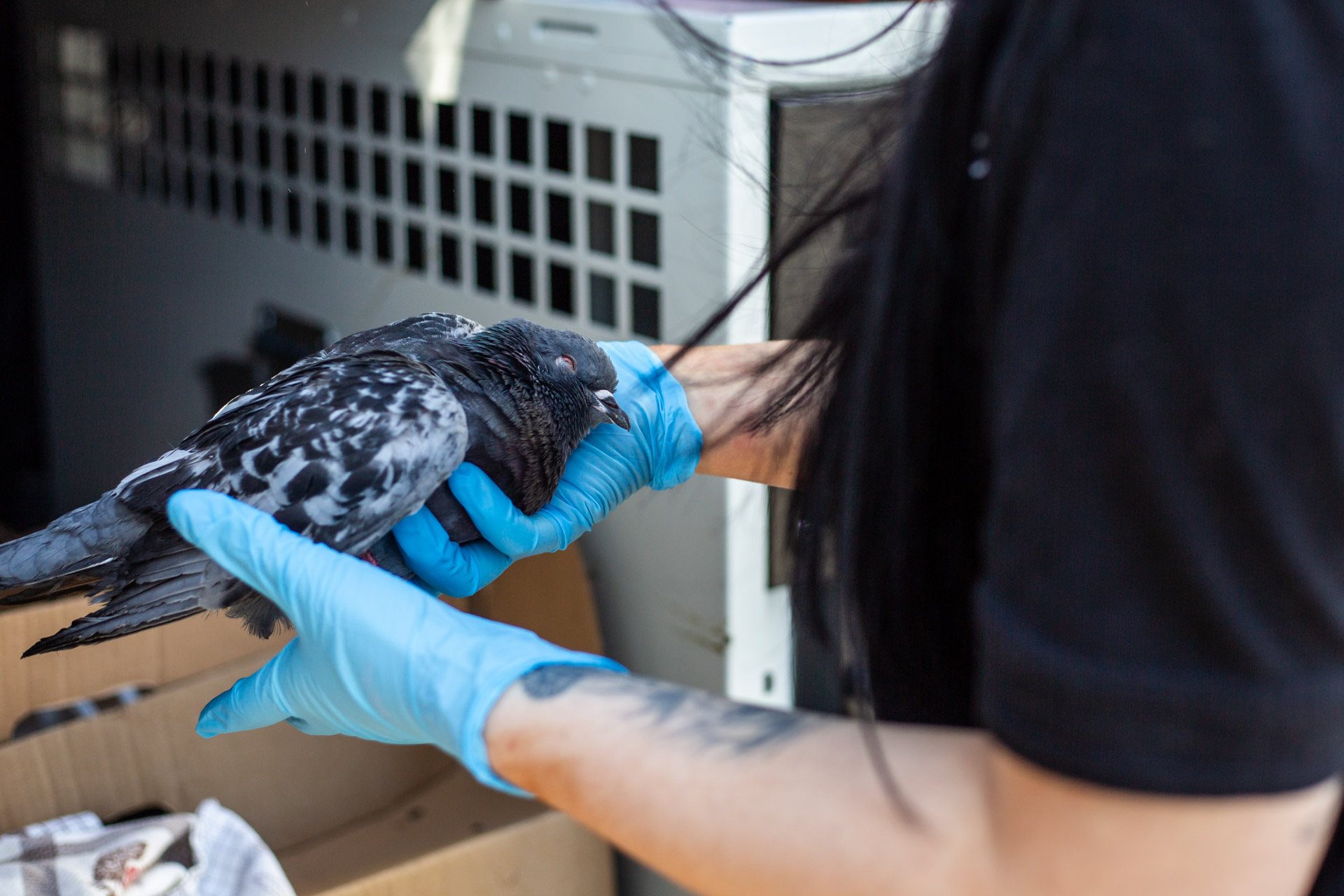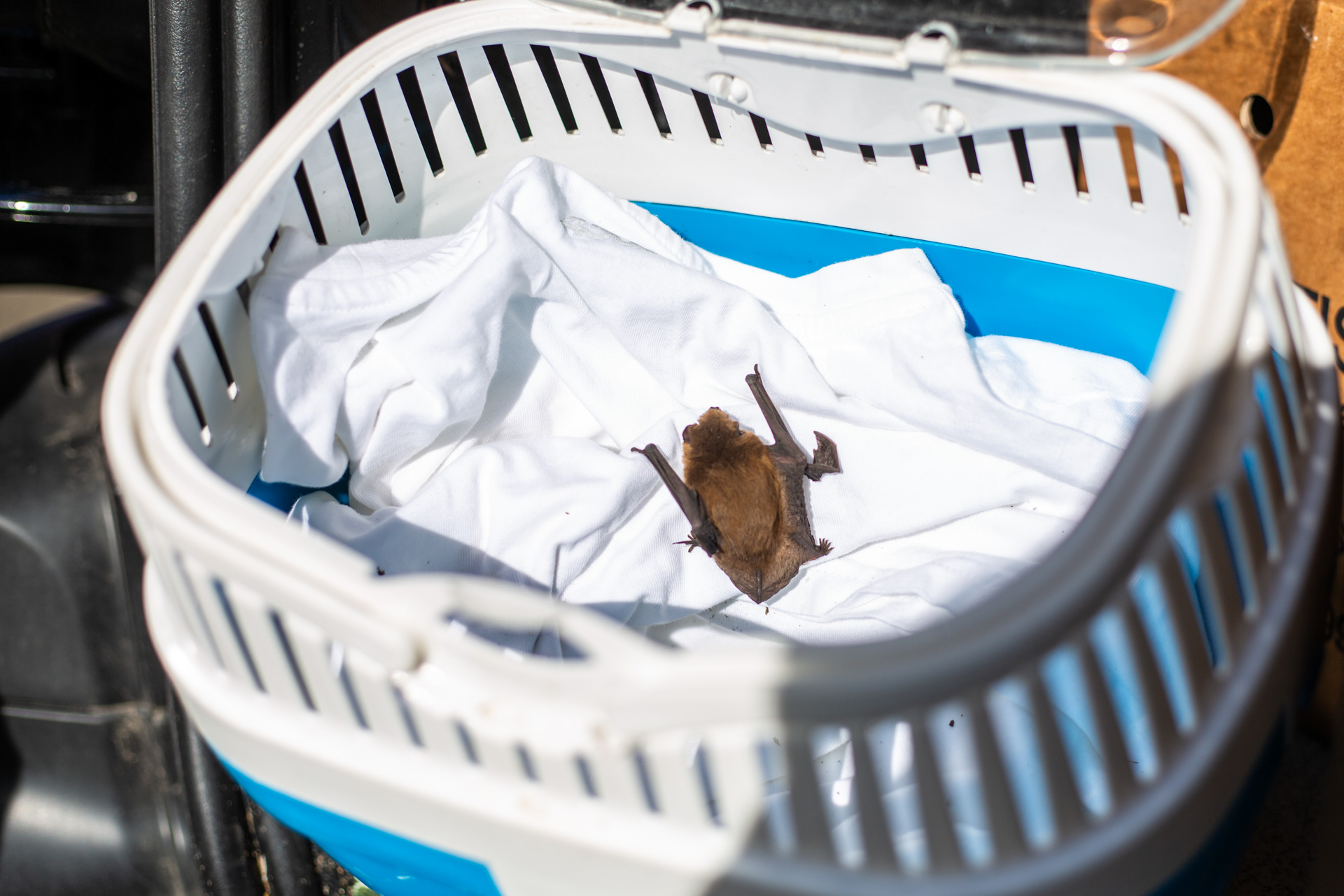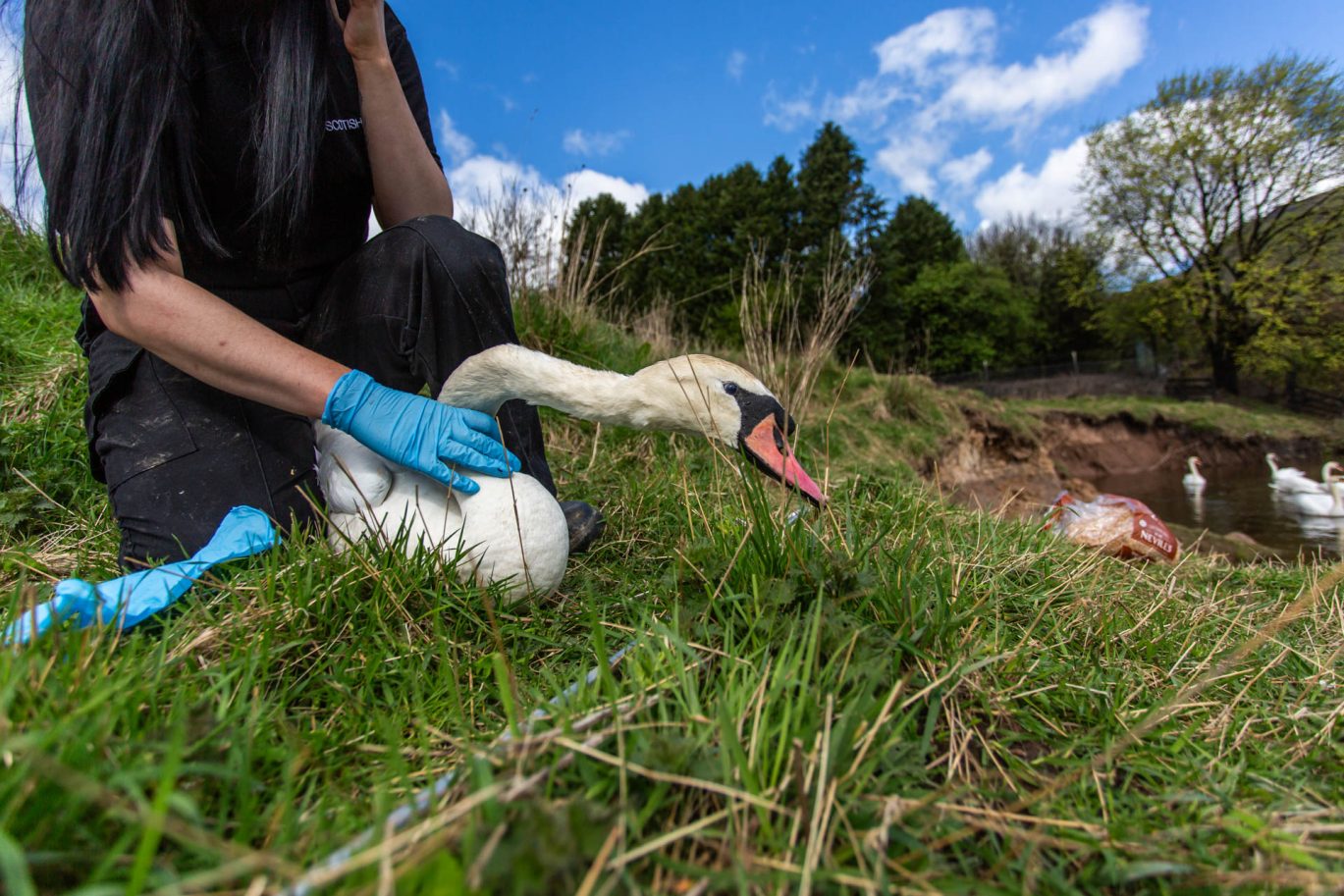
Sick, Injured or Deceased Wildlife
What to do if you discover sick, injured or deceased wildlife.
Sick
If you discover a sick wild animal, it can be upsetting and you may not be sure what to do for the best. Read our advice to help you.
Injured
If you discover an injured wild animal, it can be very distressing and you might not know what to do. Read our advice to help you.
Deceased
If you discover a deceased wild animal, it can be upsetting and you might not know what to do. Read our advice to help you.
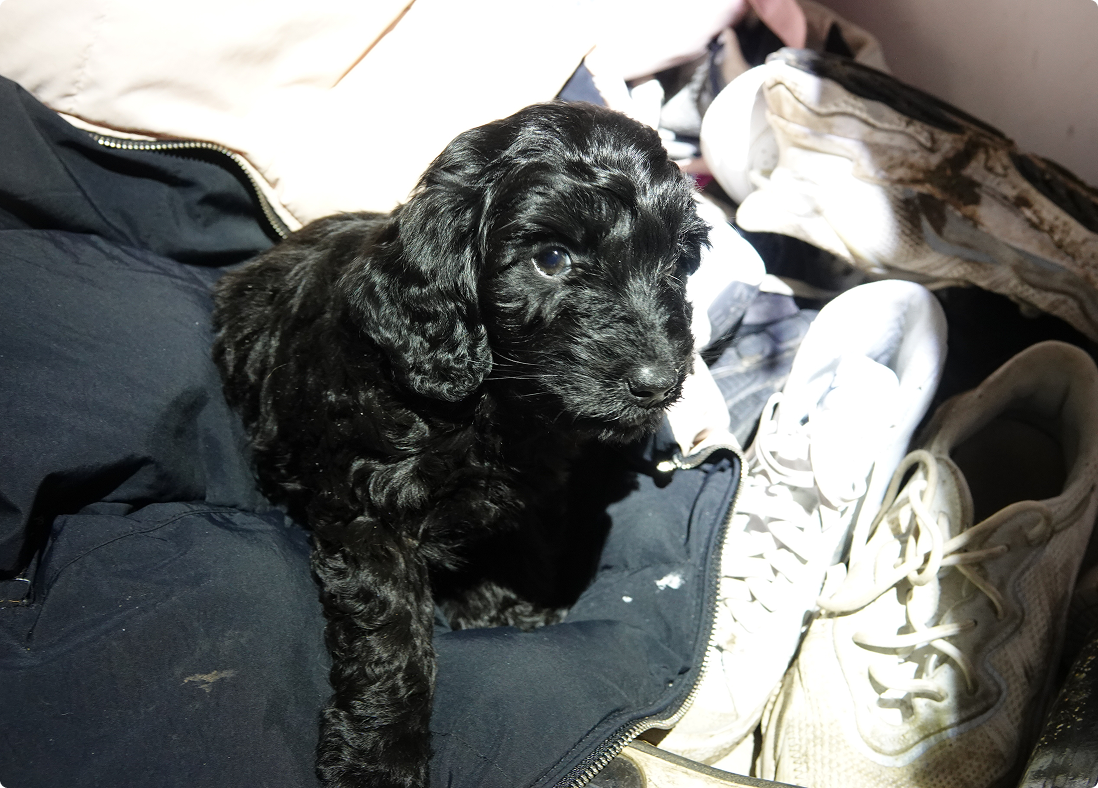
Puppies across Scotland need your help
Please consider giving a monthly donation today. Give Scotland’s animals the gift of safety this winter and beyond. The criminals involved in the low-welfare puppy trade never stop. And with your help, neither will we. Every £1 matters to puppies like Winnie.
